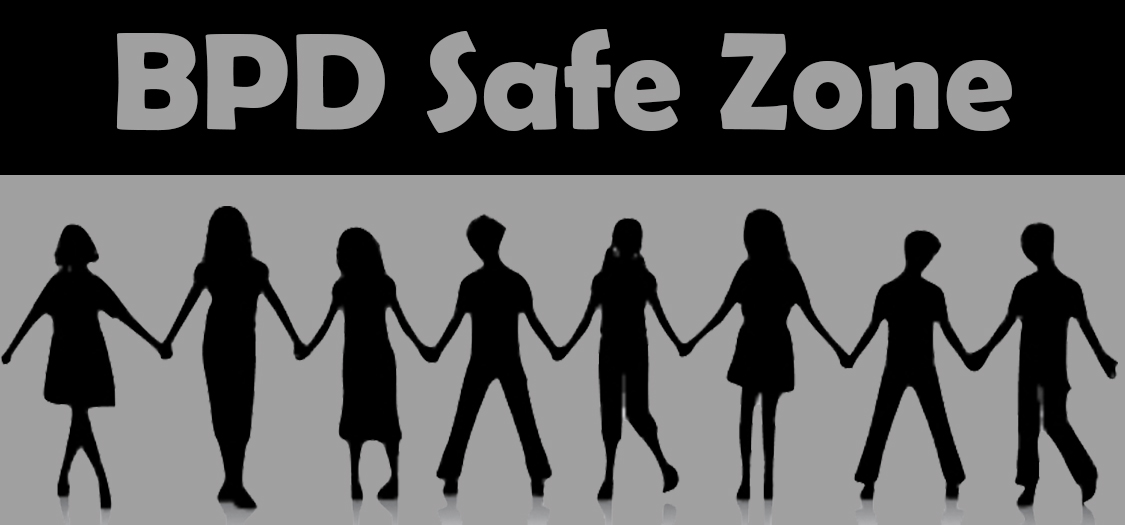What is borderline personality disorder?
Borderline personality disorder, or BPD, is a mental health disorder that causes mood instability and self-image issues. Individuals diagnosed with borderline personality disorder often struggle with forming healthy relationships. This disorder can easily get in the way of living a normal life, but it is possible to find relief with the right treatment method.
What are the symptoms of borderline personality disorder?
Those who struggle with borderline personality disorder face challenges in how they see themselves and those around them. Symptoms and signs of BDP may include any of the following:
- Intense fear of abandonment, rejection, or separation
- Patterns of unstable relationships
- Risky and/or impulsive behavior
- Mood swings
- Periods of paranoia and disconnection from reality
If you’re experiencing signs of borderline personality disorder, speak to your healthcare professional or mental health counselor.
What causes borderline personality disorder?
The cause of borderline personality disorder isn't entirely understood, but it is believed that genetics and brain abnormalities may play a part. Borderline personality disorder can be inherited if someone in your immediate family also has borderline personality disorder or another type of personality disorder. Changes to areas of the brain that regulate emotions and influence impulsivity are also believed to cause borderline personality disorder. Borderline personality disorder can also be related to changes in brain chemicals such as serotonin levels. Some risk factors make individuals more likely to develop borderline personality disorder, such as having a family member who has been diagnosed, childhood trauma, abuse, or neglect.
How do you treat borderline personality disorder?
Treatment for borderline personality disorder is designed to help individuals learn to function normally, manage emotions, manage impulsive behaviors, improve relationships, and teach healthy coping strategies. So what is BPD disorder’s main treatment method? Typically, professional therapy is effective in helping people manage BPD. Several different psychotherapy techniques can help individuals with BPD, such as dialectical behavioral therapy (DBT), schema-focused therapy, mentalization-based therapy (MBT), systems training for emotional predictability and problem-solving (STEPPS), and transference-focused psychotherapy (TFP). The FDA has not yet approved a medication designed to specifically treat borderline personality disorder, but some medications may help with coexisting conditions such as anxiety and depression. Those with borderline personality disorder should work closely with their doctor to determine what treatment plan works best for them.
The Power of BPD Support Groups
Living with borderline personality disorder can be isolating, confusing and at times, frightening. Navigating this type of mental illness when family members fail to understand you can make you feel completely alone. But you’re not alone.
Joining a BPD support group is an opportunity for growth, healing, and progress. Where families and friends fail to understand, the members of your BPD support group do. Our forum has thousands of people just like you, sharing what they’ve learned, telling stories of success, and asking thought-provoking questions.
The Mighty provides an essential resource not just for feeling connected and understood, but a place where you can gain access to valuable education about BPD. In addition to the latest news and research, you can learn coping strategies, helpful tips for managing borderline personality disorder symptoms, and more.
Connections That Care
When life feels overwhelming, your BPD support group is there to help you make it through. The Mighty’s online community is a no-criticism zone and a safe space where everyone can speak without fear of judgment.
When you join a support forum like The Mighty, you become a part of something bigger than yourself. Learn from the experiences of others, share your own, and be inspired by stories of people just like you. Join The Mighty’s BPD support group today.








